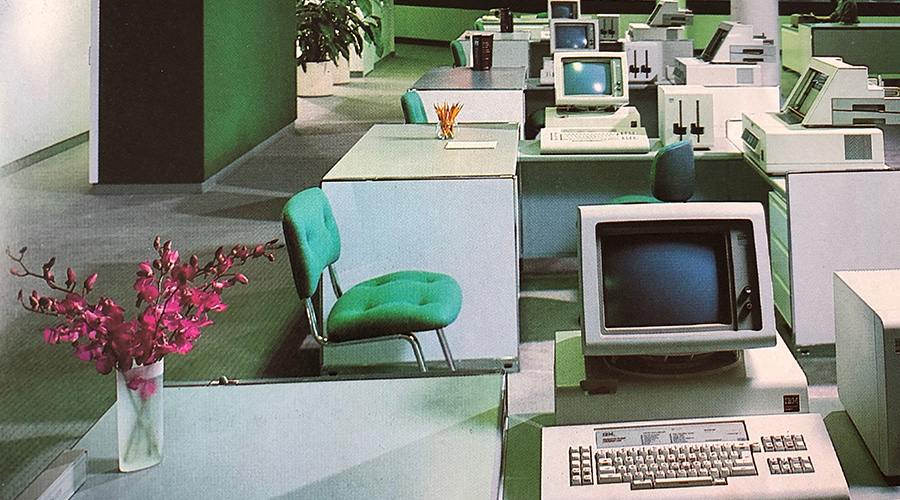Electronics Recycling Causing a Stir
Computer buyers in California soon might wind up paying recycling fees when they purchase computer monitors and television sets, thanks to a new law requiring fees to cover the cost of recycling these products at the end of their useful lives. Currently, the products cannot be dumped in the state’s landfills because their cathode-ray tubes contain contaminants such as lead and mercury.
The Electronics Waste Recycling Act, signed into law in September, is considered the most far-reaching attempt to tackle electronic waste in the country, according to a report by the Los Angeles Times.
No other state imposes a recycling fee on new computer monitors and televisions. The California law is also the only one to require manufacturers who ship used components oversees for dismantling to prove that the foreign recycling operation meets environmental protection standards.
The new recycling law requires manufacturers of electronic products to pay the California Integrated Waste Management Board a fee of $6 to $10, depending on screen size, for every computer monitor and television sold. The board will use that money to pay recyclers so consumers can drop off obsolete equipment for free. The fees, which manufacturers can choose to absorb or pass on to consumers, will be adjusted every two years to match disposal costs.
Experts estimate that 10,000 such units become obsolete in California every day.
Similar national legislation is being considered by committee in the U.S. House of Representatives.
In related news, the American Medical Association (AMA) House of Delegates has adopted a resolution to “encourage its members and US health institutions to adopt purchasing or leasing contracts only with electronics manufacturers who are committed to safely handling the products at the end of life, meaning that they reuse and recycle to the greatest extent possible, do not export hazardous electronic waste to developing countries, and safely dispose of waste that cannot be reused or recycled.”
The intent is to encourage electronics manufacturers to redesign their products for improved longevity, using less harmful materials, according to the AMA resolution. The resolution was introduced by the organization’s California delegation, following up on similar action taken by the California Medical Association.
NFPA SEEKS Sprinklers in Nursing Homes
In the wake of two recent nursing home fires that claimed the lives of 24 people, the president of the National Fire Protection Association (NFPA) says all nursing homes should be equipped with fire sprinklers.
Although the nursing home industry has made great strides in recent years to ensure residents are safe in the event of fire, more needs to be done, says James Shannon, NFPA’s president.
“These tragedies have taught us that we must do more to keep our elderly and disabled safe from fires,” Shannon says. “We know that fire sprinklers can control fires where they start and alleviate the burdens placed on staff to deal with the fire while relocating or evacuating patients.”
Sprinklers already are required in all new and many existing nursing homes, but exceptions exist that Shannon believes should be eliminated.
According to NFPA research:
- One-quarter of all nursing home fires occur in facilities not equipped with sprinklers, an estimated 10-15 percent of nursing homes.
- The chances of dying in a fire are cut by one-half to two-thirds when sprinklers are present in a building.
- When measured by the average number of deaths per thousand fires in 1994-1998, the reduction associated with sprinklers was 82 percent for properties that care for the aged or sick.
Related Topics:










